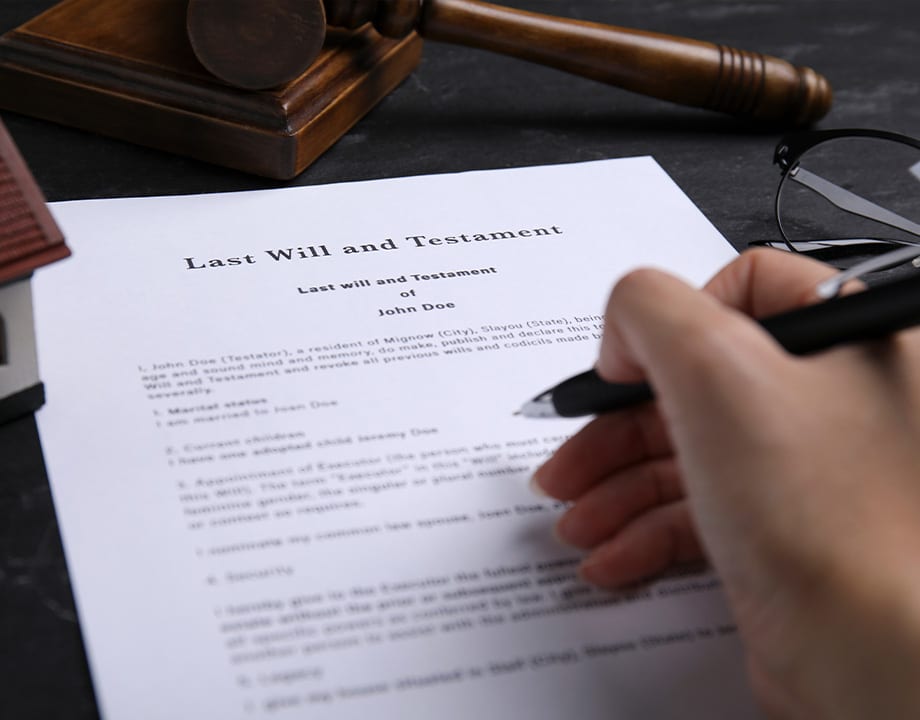Preparing for your first meeting with a lawyer can be a daunting experience, especially if you have not yet ventured into the legal world before. Whether you are dealing with a personal injury claim, a family law matter, or business-related issues, understanding what to expect and how to approach your consultation can significantly impact the outcome. It is crucial to be prepared with the appropriate information and mindset to facilitate a productive discussion with your attorney.
In this article will walk you through essential steps to prepare for that initial meeting. We will also touch on key legal concepts that every individual should know, including the importance of understanding your legal rights, the common mistakes people make, and how to select the right lawyer for your specific needs. By doing a little groundwork ahead of time, you will be better prepared to engage with your lawyer and discuss your situation with assurance.
Crucial Legal Tips
When preparing for your primary consultation with a legal representative, it is important to come prepared with all necessary documents related to your situation. This might include legal documents, letters, or any related paperwork that can help your attorney understand the circumstances quickly. The more organized you are, the more efficiently your lawyer can provide you with advice and strategies going ahead.
Furthermore, knowing your legal rights and duties in your particular legal situation is essential. Get to know yourself with the essentials of the law related to your issue, whether it concerns injury claims, family issues, or corporate law. This foundational knowledge will allow you to inquire smart questions and understand the potential implications of your case as your attorney clarifies the legal process.

In conclusion, be candid and open with your attorney about all the facts, even the ones that may appear trivial or embarrassing. Your lawyer can only successfully advocate for you if they have the full context. Remember, attorney-client privilege protects everything you disclose private, so you can feel safe discussing all aspects of your situation, guaranteeing that your legal strategy is as strong as possible.
Choosing a Suitable Attorney
Choosing the right attorney is essential to the outcome of your case. Start by considering the particular practice area relevant to your case, including personal injury, family law, or criminal defense. Make sure the lawyer you choose has expertise and a solid track record in handling cases similar to yours. Feel free to ask about their qualifications, past cases, and outcomes to assess their capability.
Additionally, look for an attorney whose way of communicating resonates with you. Legal matters can be complex and lengthy, so it is important to have an attorney who conveys information effectively and is attentive to your inquiries and concerns. Arranging a consultation can help you assess how well you connect with the attorney and whether they appear truly interested in your case.
Finally, take into account the attorney's reputation within the community and among peers. Look at reviews, seek referrals from trusted friends or family, and check with local bar associations for any complaints. A well-respected attorney not only brings their legal knowledge to your case but can also navigate the nuances of local law and court procedures, which can greatly benefit your situation.
Understanding Legal Procedures
To maneuver through the intricacies of the judicial system, it is crucial to understand the sequence of events that typically occur in a judicial matter. When you initially consult with an lawyer, they will describe the particular legal procedures relevant to your situation. Fiduciary litigation may include filing a complaint, discovery, and eventually trial or settlement talks. Each phase has its specific set of deadlines and requirements that your attorney will help you navigate, ensuring that you stay informed and prepared.
Legal processes can vary significantly depending on the type of your case, whether it's a tort claim, a family law issue, or a criminal defense situation. For example, in a tort case, the judicial procedure may entail collecting proof, obtaining witness testimonies, and negotiating with insurance companies. Conversely, in a criminal defense case, the process might consist of preliminary motions, plea bargaining, and possibly a court appearance. Understanding these differences can help you feel more confident and not as stressed as you participate in your judicial process.
Throughout the legal process, interaction with your lawyer is key. They will give information on your situation and explain any developments. Being active in your communication and seeking clarification will enhance your understanding and ensure you are involved in the process. Whether it’s understanding what paperwork to gather or comprehending court procedures, your attorney is there to assist you, making the legal experience easier and transparent.
